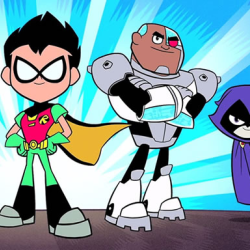Will Smith Slap
Control
The tension crackles as your palm flies toward Chris Rock's cheek—he ducks left, your strike whizzing past his ear as the crowd gasps. Roars of shock erupt; security tackles you mid-lunge, but you twist free, adrenaline surging. Laughter morphs into chaos—someone hurls a drink, microphones topple, chairs screech. Rock backpedals, eyes wide, as you feint right and swing left. Your knuckles graze his jaw. **SLAP!** The sound echoes through the venue. Stats flash: +500 Notoriety, -300 Reputation, Unlocked Achievement [History Repeats]. Guards drag you out kicking, but the crowd's chants—half horror, half glee—linger in your ears.
description
The unexpected clash between Will Smith and Chris Rock during last night’s Oscars ceremony electrified global audiences, shifting focus from cinematic accolades to a surreal moment of raw tension. As Rock delivered a joke targeting Smith’s wife, Jada Pinkett Smith, the atmosphere in the Dolby Theatre tightened. Cameras captured Smith’s initial laughter fading into a steely glare before he strode swiftly to the stage, striking Rock with an open-handed blow that echoed through the room. Gasps erupted as Smith returned to his seat, shouting, “Keep my wife’s name out your mouth!”—a command repeated twice, sharp and unflinching. The broadcast briefly cut audio, but stunned reactions from attendees like Lupita Nyong’o and Jessica Chastain mirrored viewers’ disbelief. While Rock attempted to pivot with shaky humor, the night’s tone shifted irreversibly. Moments later, Smith accepted Best Actor for *King Richard*, tearfully apologizing to the Academy and peers—but not to Rock—in a speech oscillating between remorse and defiance. The incident dominated post-show discourse, sparking debates over provocation, accountability, and the blurry line between performative levity and personal boundaries under Hollywood’s brightest lights.

































